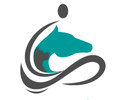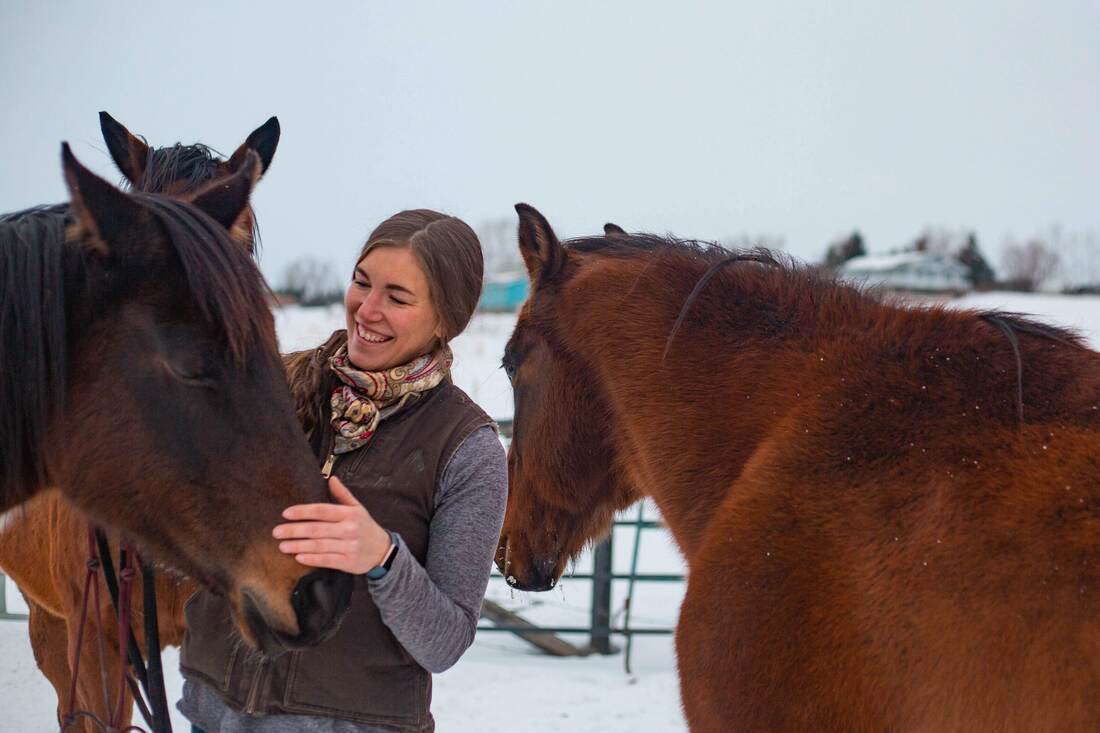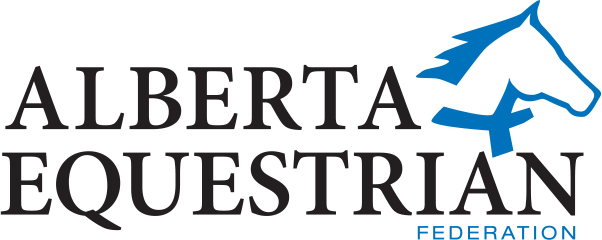Frequently Asked Questions

Q. What are the benefits?
A. Regular sport therapy offers the benefit of finding little issues before they develop into large problems. Benefits include reduced pain and inflammation, improved range of motion, improved quality of life and so much more. For more information on the science behind the complementary therapies I use and a full list of benefits, check out the information under the complimentary therapies page.
Q. My animal is not injured, why would I book my animal in for a session?
A. There are lots of reasons to book in for a session outside of injury. Sports therapy sessions can benefit the aging animal by providing comfort, pain relief and improving quality of life. For animals competing in sport, I can help with sport specific challenges like knocked jumps or refusals. Performance animals seen regularly will benefit from improved performance due to increased range of motion and improved recovery. In any case, I can help detect little issues before they develop into major problems. Remember prevention is better than rehab.
Q. How do I prepare for a session?
A. Make sure your intake form is complete. On the day of the session make sure your animal is caught and ready for the session. I kindly ask that they are dry, and brushed to remove any mud or dirt. Be sure to check out my article on what to expect article.
Q. Do I have to be there for the session?
A. I get it! You’re busy. This may make it challenging to be present every time I’m in your area. For the very first session, I much prefer for you to be there! This allows me to get to know you, your animal, and hear what your concerns are. Being there the first time also allows me to show you take home exercises. After the initial session, if you can’t make it, I’m very comfortable working with them on my own. I find most animals relax more with less distractions. I kindly ask that your horse is caught or in a small pen nearby. You can leave me instructions of where you would like them after the session as well. Obviously this can be animal dependent, but it is an option that we can discuss more.
Q. How often should my animal be seen?
A. It really depends on each individual animal, the issues present and the goals for that animal. Some animals dealing with a severe acute injury may be seen multiple times within a week whereas animals that are on a maintenance plan will be seen every 4-8 weeks. Feel free to contact me and we can discuss an appropriate plan to get your animal feeling their best.
Q. How many sessions does it take to see results?
A. This is another one that depends on each individual animal. Their results can be influenced by their age, health status, nutrition, activity levels, and on how much you follow the post session recommendations. Some animals experience immediate results whereas others need 3-5 sessions to show significant change. Chronic issues tend to take longer to show results compared to acute issues.
Q. I don't have a barn to work in, will you still work with my horse?
A. That's ok! If you don't have a barn, we may need to be more selective with booking around Mother Nature. If it is extremely cold, windy or raining, we may need to reschedule. Alternatively, you can haul to my barn southwest of Okotoks or to a local arena where you hold a membership.
Q. I don't have access to power where my horse is, can you still work with my horse?
A. Yes, if you let me know ahead of time, I can bring a quiet generator to complete the session or I can complete the session without the Pulsed Electromagnetic Field Therapy modality.
Q. My horse or dog won't sit still, can you still work with them?
A. Yes, assuming they are safe and not extremely aggressive, I will still work with the animal. It's my goal to make sure they are comfortable in a force free way. Most animals are quite relaxed by the end of session. For dogs, having chews, treats or frozen lick mats can help them relax as well. If your animal gets agitated or excited at certain times, like turnout or dinner, we will do our best not to schedule therapy sessions during these times. If you have any concerns, we can discuss options prior to the appointment.
Q. Can I ride my horse after?
A. It depends! Majority of the time, yes you can ride your horse after a session. Movement after the session is important to help circulate the waste products created from the massage. This can be done by walking in hand or in saddle. If you do want to ride, I recommend a short and light ride without any significant cardio or strength challenges. Sometimes, I recommend a rest day to allow the body to adjust to the changes made during the session. After our session is complete, I will tell you which option is most appropriate for your animal.
Q. Can you work on my animal at a show or competition?
A. Yes, however it's important to note that some animals are energized by sessions while others are fatigued by sessions. If I have seen your animal and we know how they respond to sessions, I can work with your animal before they show. Pre-show sessions can be great for warming up and activating the tissue so they are ready to compete. If I have not seen your animal before, we can opt to work on your animal at the end of the show day.
Q. Can I diagnose lameness or disease?
A. No. It is out of my scope of practice to diagnose lameness or disease but I can recommend when it may be time to involve a veterinarian. Sports therapy is not a replacement for veterinary medicine. I am willing to work with your veterinary team to help your dog or horse recover faster.
Q. Will you work on other animals like cats, cows etc?
A. Yes, while my training is in people, dogs and horses, I have worked with cats, calves, bulls and even a chicken recovering from injury. Please inquire with more information about your animal.
Q. Is equine or canine sports therapy regulated in Alberta?
A. There is no regulatory body for Equine or Canine Sport Therapists. This means that education and skill level may vary greatly from individual to the next. When you are choosing a therapist for your animals, it is an excellent choice to speak with trainers, veterinarians, and friends to see who they would recommend. Your therapist should carry insurance and partake in continuing education each year.
A. Regular sport therapy offers the benefit of finding little issues before they develop into large problems. Benefits include reduced pain and inflammation, improved range of motion, improved quality of life and so much more. For more information on the science behind the complementary therapies I use and a full list of benefits, check out the information under the complimentary therapies page.
Q. My animal is not injured, why would I book my animal in for a session?
A. There are lots of reasons to book in for a session outside of injury. Sports therapy sessions can benefit the aging animal by providing comfort, pain relief and improving quality of life. For animals competing in sport, I can help with sport specific challenges like knocked jumps or refusals. Performance animals seen regularly will benefit from improved performance due to increased range of motion and improved recovery. In any case, I can help detect little issues before they develop into major problems. Remember prevention is better than rehab.
Q. How do I prepare for a session?
A. Make sure your intake form is complete. On the day of the session make sure your animal is caught and ready for the session. I kindly ask that they are dry, and brushed to remove any mud or dirt. Be sure to check out my article on what to expect article.
Q. Do I have to be there for the session?
A. I get it! You’re busy. This may make it challenging to be present every time I’m in your area. For the very first session, I much prefer for you to be there! This allows me to get to know you, your animal, and hear what your concerns are. Being there the first time also allows me to show you take home exercises. After the initial session, if you can’t make it, I’m very comfortable working with them on my own. I find most animals relax more with less distractions. I kindly ask that your horse is caught or in a small pen nearby. You can leave me instructions of where you would like them after the session as well. Obviously this can be animal dependent, but it is an option that we can discuss more.
Q. How often should my animal be seen?
A. It really depends on each individual animal, the issues present and the goals for that animal. Some animals dealing with a severe acute injury may be seen multiple times within a week whereas animals that are on a maintenance plan will be seen every 4-8 weeks. Feel free to contact me and we can discuss an appropriate plan to get your animal feeling their best.
Q. How many sessions does it take to see results?
A. This is another one that depends on each individual animal. Their results can be influenced by their age, health status, nutrition, activity levels, and on how much you follow the post session recommendations. Some animals experience immediate results whereas others need 3-5 sessions to show significant change. Chronic issues tend to take longer to show results compared to acute issues.
Q. I don't have a barn to work in, will you still work with my horse?
A. That's ok! If you don't have a barn, we may need to be more selective with booking around Mother Nature. If it is extremely cold, windy or raining, we may need to reschedule. Alternatively, you can haul to my barn southwest of Okotoks or to a local arena where you hold a membership.
Q. I don't have access to power where my horse is, can you still work with my horse?
A. Yes, if you let me know ahead of time, I can bring a quiet generator to complete the session or I can complete the session without the Pulsed Electromagnetic Field Therapy modality.
Q. My horse or dog won't sit still, can you still work with them?
A. Yes, assuming they are safe and not extremely aggressive, I will still work with the animal. It's my goal to make sure they are comfortable in a force free way. Most animals are quite relaxed by the end of session. For dogs, having chews, treats or frozen lick mats can help them relax as well. If your animal gets agitated or excited at certain times, like turnout or dinner, we will do our best not to schedule therapy sessions during these times. If you have any concerns, we can discuss options prior to the appointment.
Q. Can I ride my horse after?
A. It depends! Majority of the time, yes you can ride your horse after a session. Movement after the session is important to help circulate the waste products created from the massage. This can be done by walking in hand or in saddle. If you do want to ride, I recommend a short and light ride without any significant cardio or strength challenges. Sometimes, I recommend a rest day to allow the body to adjust to the changes made during the session. After our session is complete, I will tell you which option is most appropriate for your animal.
Q. Can you work on my animal at a show or competition?
A. Yes, however it's important to note that some animals are energized by sessions while others are fatigued by sessions. If I have seen your animal and we know how they respond to sessions, I can work with your animal before they show. Pre-show sessions can be great for warming up and activating the tissue so they are ready to compete. If I have not seen your animal before, we can opt to work on your animal at the end of the show day.
Q. Can I diagnose lameness or disease?
A. No. It is out of my scope of practice to diagnose lameness or disease but I can recommend when it may be time to involve a veterinarian. Sports therapy is not a replacement for veterinary medicine. I am willing to work with your veterinary team to help your dog or horse recover faster.
Q. Will you work on other animals like cats, cows etc?
A. Yes, while my training is in people, dogs and horses, I have worked with cats, calves, bulls and even a chicken recovering from injury. Please inquire with more information about your animal.
Q. Is equine or canine sports therapy regulated in Alberta?
A. There is no regulatory body for Equine or Canine Sport Therapists. This means that education and skill level may vary greatly from individual to the next. When you are choosing a therapist for your animals, it is an excellent choice to speak with trainers, veterinarians, and friends to see who they would recommend. Your therapist should carry insurance and partake in continuing education each year.


